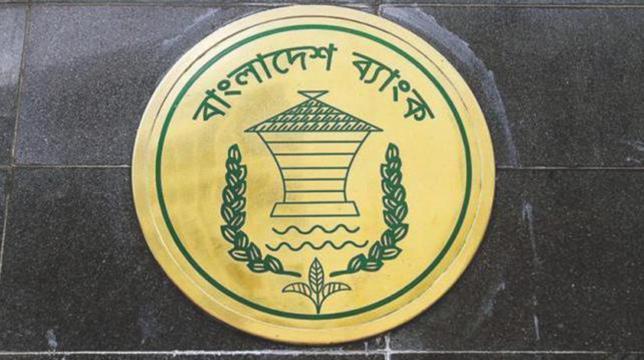BB moves to amend bankruptcy act

The central bank will hold a meeting today to amend the Bankruptcy Act, 1997 with the view to handing out exemplary punishment to habitual defaulters.
The meeting, which will explore all legal options, will involve the managing directors of banks, Law Commission Chairman ABM Khairul Haque and Bangladesh International Arbitration Centre CEO Muhammad A (Rumee) Ali.
The move comes at a time when default loans have reached a record high: as of September last year, the ratio of non-performing loans stood at 11.45 percent of the total outstanding loans. In terms of amount, it is Tk 99,370 crore, according to data from the Bangladesh Bank.
Unscrupulous borrowers usually keep disputed assets as collateral to take loans, which later create a tough situation for the lenders when they try to recover money, said Imran Ahmed Bhuiyan, a deputy attorney general.
When lenders turn to the Artha Rin Adalat (Money Loan Court) they usually get the go-ahead to auction off the properties put up as collateral. But when news spreads that the properties are disputed the auction leads to no takers, sending banks back to square one.
After climbing several legal steps lenders can then consult the Bankruptcy Act, which empowers the government to sell off the assets of the defaulters to pay back the lenders.
But the problem with the existing Bankruptcy Act is that there is no specific timeframe by which creditors will get their funds back even after the court declares the defaulters as bankrupt.
Furthermore, it is not possible to file a case under the Artha Rin Adalat Ain 2003 and the Bankruptcy Act at the same time.
The core objectives of the Artha Rin Adalat Ain 2003 and the Bankruptcy Act are almost the same, so there should be an interrelation between the two acts, said an initial assessment paper on the act prepared by the central bank.
As per the Artha Rin Adalat Ain, money loan courts issue decrees in favour of banks when they successfully establish that defaulters owe them money.
Before setting up auctions to sell collaterals, the courts instruct defaulters to repay loans within 90 days.
If defaulters fail to repay the loans within the deadline, the money loan courts are to send a copy of their verdicts to the bankruptcy court, according to the central bank suggestion.
The courts also should keep an option open for defaulters before they are declared bankrupt in order to give them a final chance to repay loans in line with the bankruptcy act in the US.
The government should set up a dedicated bankruptcy courts in every district to speed up the proceedings, the BB paper said.
The bankruptcy act was enacted in 1997 but a majority of banks continue to show unwillingness to get the legal support from it because of the lengthy process, said Syed Mahbubur Rahman, chairman of the Association of Bankers, Bangladesh.
